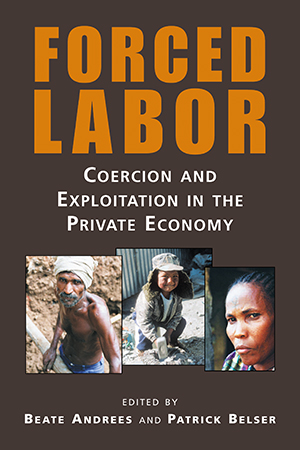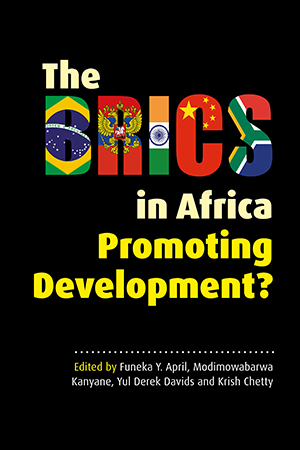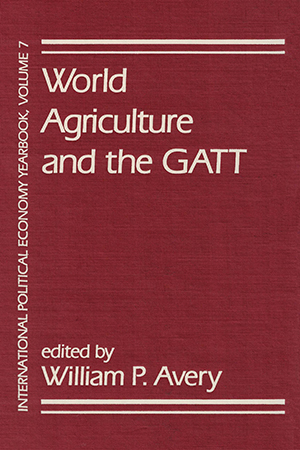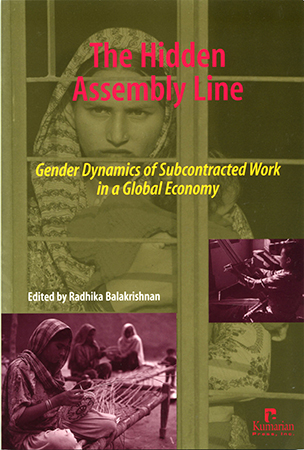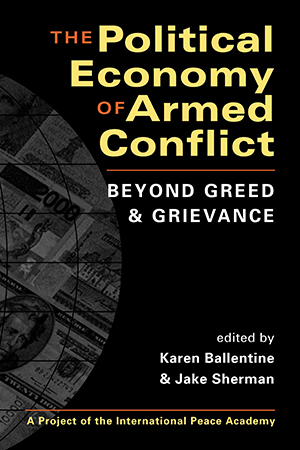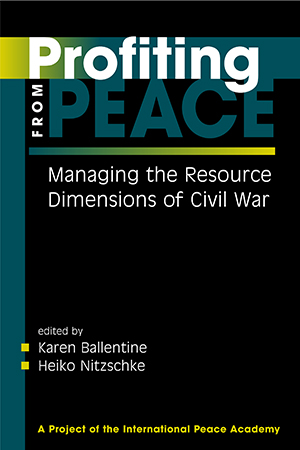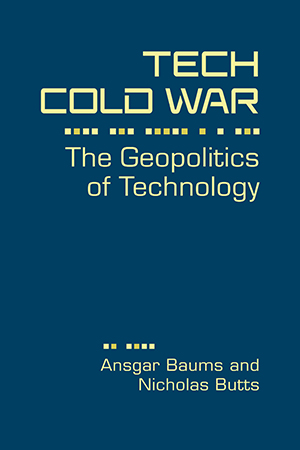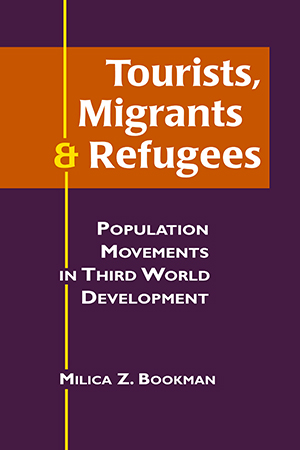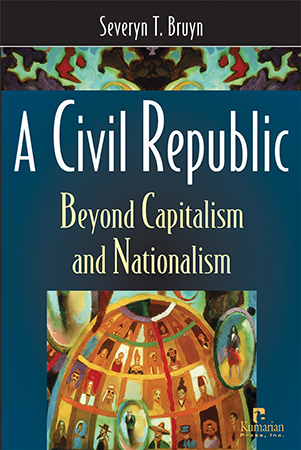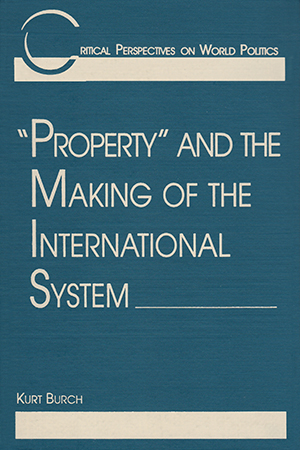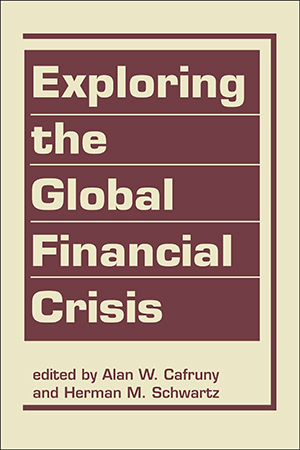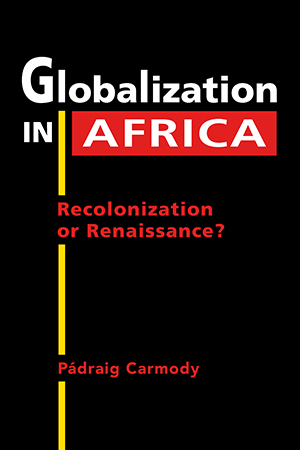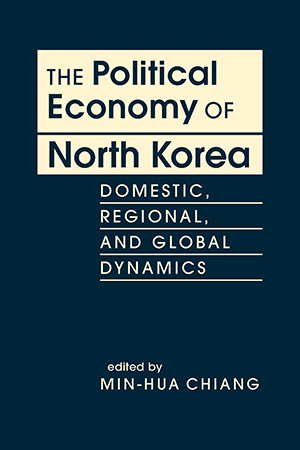International Political Economy
Two centuries after the abolition of the transatlantic slave trade, at least 12.3 million people are subjected to modern forms of forced labor—in rich countries, as well as poor More >
The BRICS countries—Brazil, Russia, India, China, and South Africa—have become a strong engine of South-South cooperation, contributing to a significant shift in the global More >
Agriculture—central to the interests of both the rich industrialized countries, where it is heavily subsidized, and the poor nonindustrialized countries, where it is often the More >
The Hidden Assembly Line demonstrates how the impact of current global economic trends—changing production patterns, dictated by multinational corporations and IMF-influenced More >
Globalization, suggest the authors of this collection, is creating new opportunities—some legal, some illicit—for armed factions to pursue their agendas in civil war. Within this More >
Providing both a means and a motive for armed conflict, the continued access of combatants in contemporary civil wars to lucrative natural resources has often served to counter the More >
TikTok, Huawei, semiconductors, AI … Technology has become a field of fierce geopolitical competition, especially between the United States and China. What drives this particular More >
As travelers increasingly seek out the exotic wildlife and idyllic sunsets of the developing world, a complex relationship involving tourism, the migration of workers, and the involuntary More >
Severyn T. Bruyn argues that—in a world of injustice, ecological destruction, violence and instability, weapons of mass destruction, and the rise of authoritarian government—our More >
This original work considers the emergence of the modern international system—that is, the global social context framing the diverse behaviors called international relations—in More >
International political economy is both a discipline and a set of global practices and conditions. This volume explores how the two are related, illustrating the changing character of the More >
Did the financial crisis of 2008 and the subsequent recession rearrange the basic structures of the global economy? To answer that fundamental question, the authors of Exploring the More >
Is globalization good for Africa? Pádraig Carmody explores the evolving nature and impact of globalization throughout the continent, as China, the US, and other economic powers exert More >
The past five decades have seen both a prioritization of copyright in US foreign economic policies and a head-spinning disruption to copyright law caused by the digital revolution—all More >
Driven by foreign investments and exports, the economies of many East Asian countries have seen dramatic growth—but North Korea has lagged behind. Why? What are the country's More >


